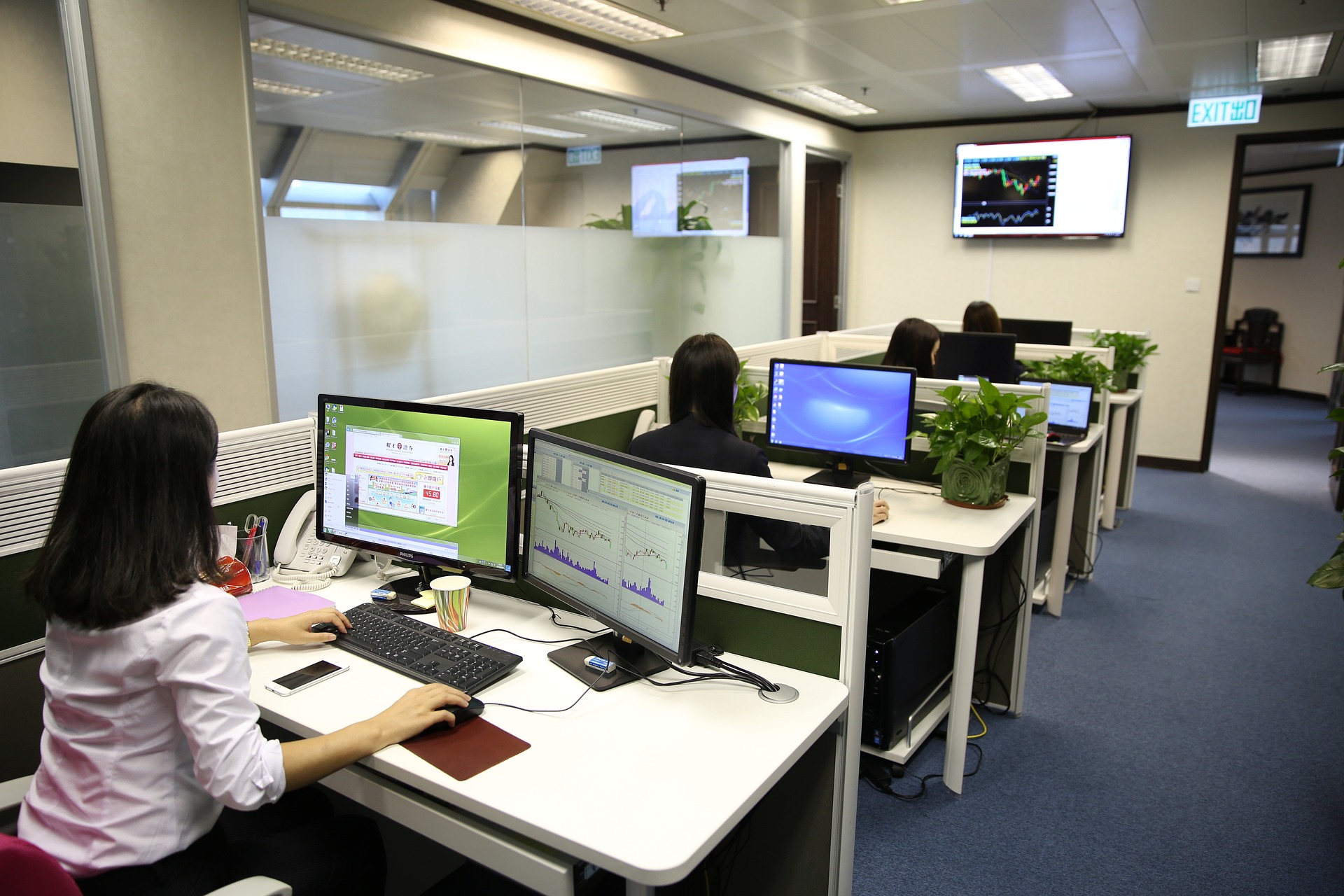Embracing the Hybrid Workplace: A New Normal in the Jobs and Education Landscape
The world of work is evolving, and the hybrid workplace is fast becoming the new norm. As the lines blur between physical and virtual spaces, it's imperative to understand how this shift impacts career development and education. Read below to discover the intricacies of this new normal.
Adapting to the Hybrid Workplace
The hybrid workplace model allows employees to split their work time between office and home. This flexibility offers several benefits, such as increased productivity and better work-life balance. However, it also requires developing new skills, such as effective communication in virtual settings, and learning to manage time efficiently without supervision.
Harnessing Technology in the Hybrid Workplace
Technology is at the core of the hybrid workplace. Familiarity with digital tools and platforms is essential, not just for communication, but for task management, collaboration, and learning. Keeping abreast of technological advancements and continually updating your tech skills is crucial in this evolving work environment.
Building and Maintaining Relationships in a Hybrid Workplace
In a hybrid workplace, building and maintaining relationships can be challenging due to reduced face-to-face interactions. Networking strategies need to adapt to this change, with greater emphasis on virtual networking events and online professional communities.
Career Development in a Hybrid Workplace
Career development in a hybrid workplace requires a different approach. Visibility and networking, which play a crucial role in career progression, are more challenging in a remote setting. Employees need to be proactive in seeking opportunities for growth, and employers need to ensure fair evaluation and recognition systems.
Education and the Hybrid Workplace
The hybrid workplace also impacts the education sector. As more companies adopt this model, educational institutions must prepare students for this new work environment. This includes teaching digital literacy, remote communication skills, and self-management techniques.
Useful Tips and Facts: - Regularly update your digital skills to stay relevant in the hybrid workplace. - Make good use of virtual networking opportunities to build and maintain professional relationships. - Be proactive in communicating your achievements and aspirations to your supervisors in a remote setting. - Seek out professional development opportunities that align with the demands of a hybrid workplace.
In conclusion, the hybrid workplace represents a significant shift in the jobs and education landscape. Adapting to this new normal requires an understanding of the challenges and opportunities it presents. By staying informed and developing the right skills, individuals can successfully navigate the hybrid workplace and reach their fullest potential in this evolving work environment.





